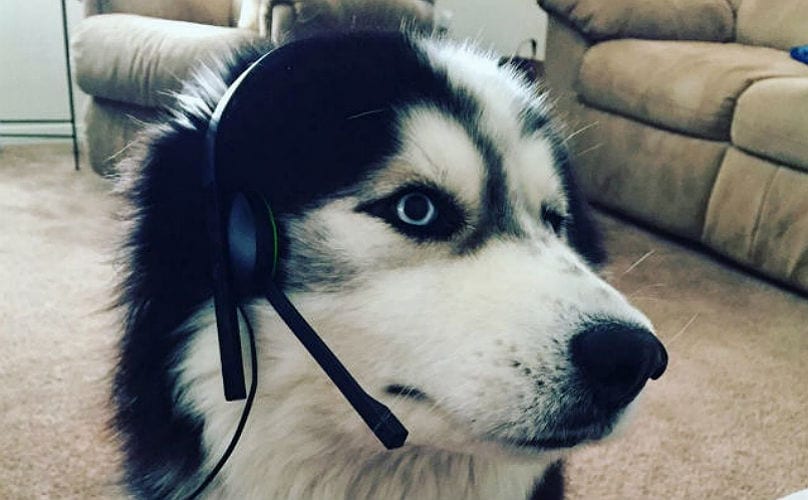Have you ever heard the expression “You can’t teach an old dog new tricks”? A recent study has determined that this expression may not be quite true. Old dogs might learn slowly, but their memory is just as sharp as a youngster’s, and their reasoning is even better.
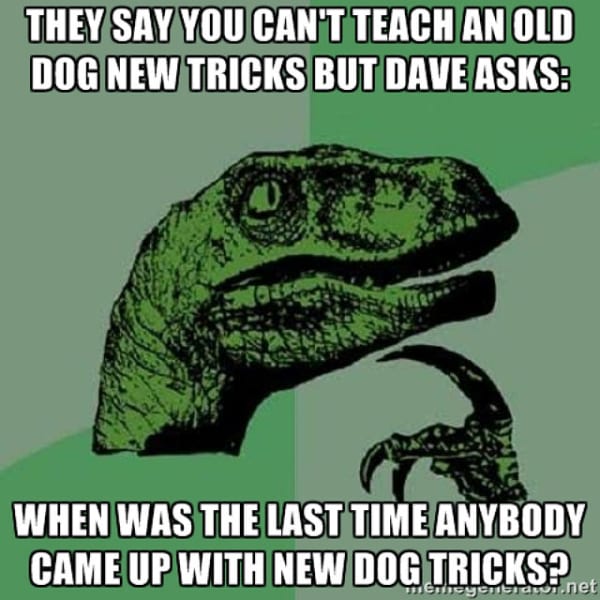

How aging affects a person’s cognitive processes such as learning, memory, and logical reasoning has been widely researched in humans, but a group at the University of Veterinary Medicine Vienna wanted to see if the results were similar for man’s best friend.
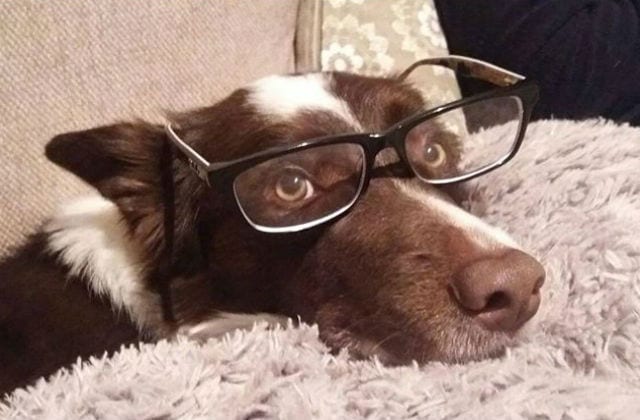

To determine the effects of aging on learning ability, the research team invited 95 Border Collie owners to bring their dogs to their Clever Dog Lab to perform a series of tests.
[bp_related_article]
The age of the dogs ranged from five months to 13 years, and each dog was brought to the lab on a regular basis. The decision to use Border Collies as participants was not random; known for their high intelligence and ability to learn new skills quickly, Border Collies were an ideal participant for a study on learning.
Throughout the study, the dogs were divided into five age groups and each dog participated in different tasks designed to measure the cognitive abilities of learning, logical reasoning, and memory.
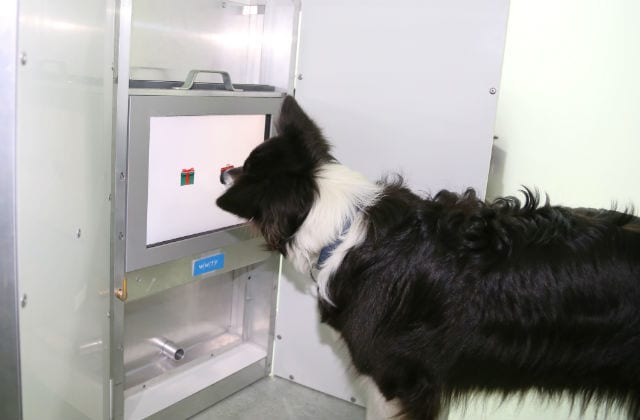

In the first portion of the study, the dogs had to learn to select the correct image when presented with two random images on a touch-screen. There were eight images in total and when selected, four of them resulted in the dogs receiving a treat and four resulted in the dog receiving a time out. During the test, the dogs were measured to see how many times they correctly chose an image associated with a treat.
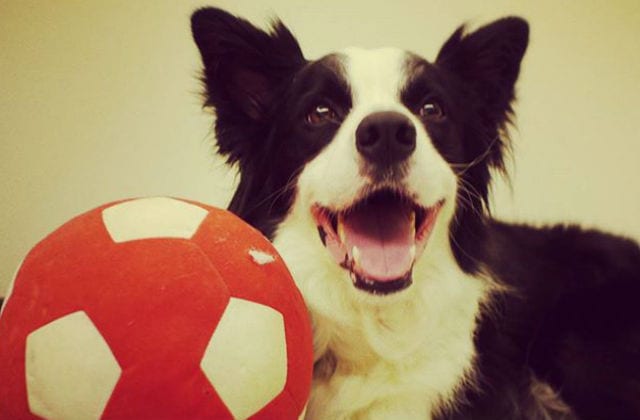

Once the dogs were comfortable with the eight pictures, the researchers introduced the first challenge. This time, the four negative pictures remained the same, but four new positive ones were presented. The desired expectation was that the dogs would be able to recognize the negative images from the previous test and infer that the new pictures were associated with a treat.
After a six-month break, the researchers welcomed the dogs back into the lab. This time, the original set of eight pictures was presented and their long-term memories were tested.
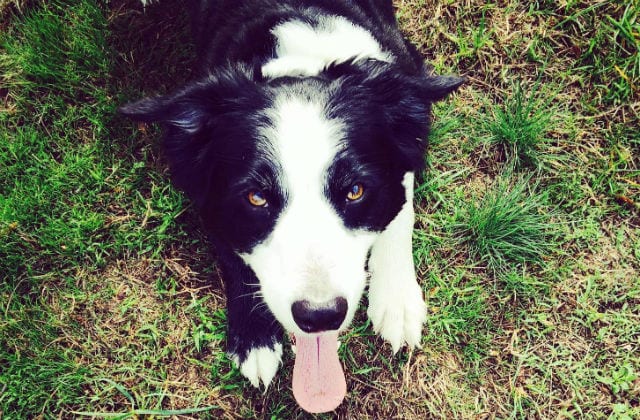

The study revealed some very interesting results about learning in both young and old dogs. The first was that older dogs learn more slowly and exhibit less cognitive flexibility than their younger counterparts. During the testing, it took older dogs more trials to learn the differences between the eight pictures.
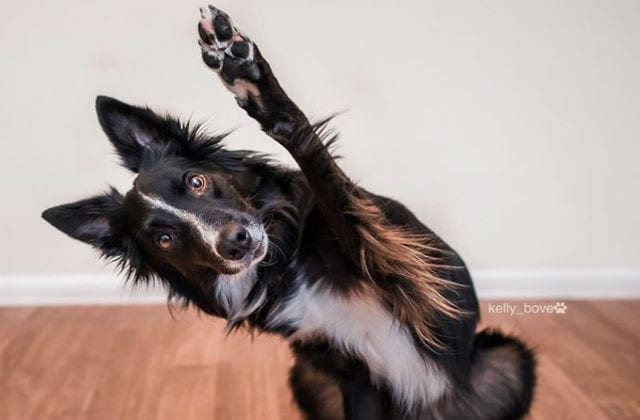

The second major finding was that logical reasoning improves with age. When presented with the four new images, the older dogs were better able to infer that they were associated with a treat. In fact, the younger dogs were not able to master this task at all during the study. This finding could be due to the fact that older dogs are more stubborn about following a previously learned skill, showing their more rigid cognition.
The final finding was that a dog’s long-term memory training is not affected by age. Even after a six-month break, the majority of dogs both young and old were able to correctly remember the original eight images.
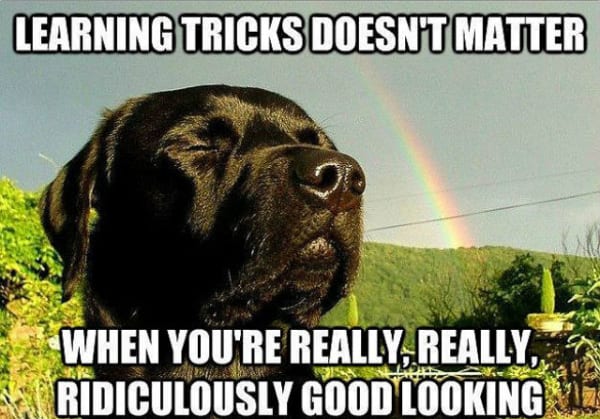

Based on these results, we think that it’s about time that someone comes up with a more accurate expression. Though, “You can teach an old dog new tricks, just not as fast” just doesn’t quite have the same ring to it, does it?
H/t to ScienceDaily
Featured Image via @tschanien15o8 /Instagram





